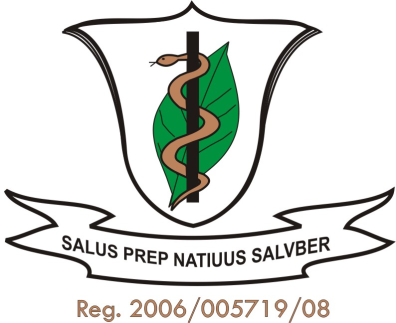EPASA
Ethnomedicine Practitioners Association of South Africa

What is EPASA
EPASA stands for Ethnomedicine Practitioners Association of South Africa and is a non-profit federal body which accredits and controls the ethnomedical practice under the Traditional Health Practitioners Act.
EPASA was established in 1987, in order to promote, enhance and unify the practice of ethnomedicine in South Africa.
EPASA Ethnomedicine
Ethnomedicine is a system that applies both art and science to help the human body to restore it’s health and well-being. It utilises traditional remedies to activate the immune system. Herbs are used for cleansing, elimination and detoxification. Some are used to stimulate the body’s self-healing capabilities to counteract physical symptoms, whilst other may be used as a tonic to help the body’s immunity.
EPASA Ethnopsychology
The history of African Traditional Medicine goes back as far as the emergence of mankind’s intellect on the African Continent. The science of traditional healing in Africa has been passed on through the generations. This method of healing has always been entrusted to the Sangoma and is regarded as secret “intellectual property.” Elders of this science and art painstakingly teach those members of the community that have a “calling” in the use of the art.
The Role of Emerged Scientific Traditional Medicine System:
“Ethnomedicine”
What is Ethnomedicine Science? Ethnomedicine is a multi-disciplinary field of study that draws on approaches and methods from both the social and biological sciences, culturally based biological and environmental knowledge, cultural perception and cognition of the natural world, associated behaviours and practices, concerned with the cultural interpretations of health, disease and illness, and also addresses the health care seeking process and healing practices. It is a study of cultural concepts of health, disease and illness, and of the nature of healing systems.
Ethnomedicine has turned it’s attention to laboratory research, which has been made possible by the auspices of the World Health Organisation (WHO). In fact, the traditional medicine programme of the WHO was precisely thought of as an answer to renewed interest for population therapies and remedies, in view of possible identification and utilisation within national health services.
History of Traditional Medicine
African Traditional Medicine is a mainstay of primary health care for the majority in Africa. About 80% of the population has relied on resources within their environment to survive since God’s creation.
Plants, minerals and animals constitute the major natural resources ever used by mankind for preventative, curative and rehabilitative health in Africa. Like any other continent, these resources have been used for over ten thousand years by traditional health practitioners (THP’s), who acquired their knowledge and skills through observation, spiritual revelation, personal experience, training and direct information from their predecessors.
For Public
EPASA holds a standard for Ethnomedicine Practitioners and Ethnopshycology Practitioners to hold their members responsible for caring for public health in all spheres.
